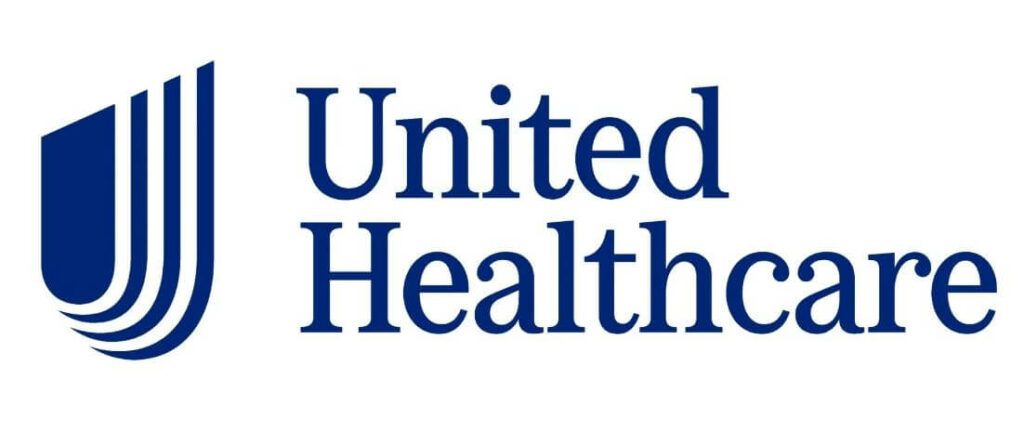The best health insurance for individuals with type 1 diabetes is a comprehensive plan that covers the specific needs of managing the condition.
When considering health insurance for type 1 diabetes, it is important to look for coverage that includes essential benefits such as insulin, blood sugar monitoring supplies, doctor visits, and preventive care.
Additionally, coverage for specialized care from endocrinologists and diabetes educators is crucial. Understanding the terminology and basic knowledge of various health insurance plans is essential for making an informed decision.
It’s also important to be aware of government-operated health programs such as Medicaid or CHIP, which may provide additional support.

Blue Cross Blue Shield
Blue Cross Blue Shield (BCBS) is a federation of 35 independent BCBS companies operating in different regions throughout the United States.
Each company offers its own individual and family health insurance plans, and coverage for type 1 diabetes can vary depending on the specific plan.

Here are some things to keep in mind when considering BCBS health insurance for type 1 diabetes:
- Coverage varies by plan: Each BCBS company offers a variety of plans with different coverage levels and costs. It’s important to carefully compare plans to find one that meets your needs and budget.
- Deductibles and copays: You’ll typically have to pay a deductible before your insurance starts to cover costs. You’ll also likely have copays for doctor visits, prescriptions, and other services.
- Network coverage: Make sure the plan you choose covers the doctors, hospitals, and other healthcare providers you see.
- Pre-existing conditions: If you have pre-existing conditions, such as type 1 diabetes, you may be denied coverage or charged higher premiums.
UnitedHealthcare
UnitedHealthcare is a large health insurance provider in the United States, offering a variety of individual and family plans, Medicare plans, Medicaid plans, and dental, vision, and supplemental plans.

Here’s a summary of UnitedHealthcare health insurance:
- Types of plans:
- Individual and family plans: These plans are designed for people who don’t get health insurance through their employer. They come in a variety of metal tiers (bronze, silver, gold, and platinum), with different levels of coverage and costs.
- Medicare plans: UnitedHealthcare offers Medicare Advantage plans, which are an alternative to traditional Medicare. They provide all the benefits of Original Medicare, plus additional benefits such as dental, vision, and hearing coverage.
- Medicaid plans: UnitedHealthcare offers Medicaid plans in some states. Medicaid is a government program that provides health insurance to low-income people.
- Dental, vision, and supplemental plans: UnitedHealthcare offers a variety of dental, vision, and supplemental plans that can help you cover costs not covered by your medical plan.
- Coverage:
- UnitedHealthcare plans typically cover a wide range of services, including preventive care, doctor visits, hospital stays, prescriptions, and mental health services.
- Coverage varies by plan, so it’s important to carefully review the plan details before you enroll.
- Costs:
- The cost of UnitedHealthcare health insurance varies depending on the type of plan you choose, your age, location, and other factors.
- You’ll typically pay a monthly premium, as well as deductibles, copays, and coinsurance.
Kaiser Permanente
Kaiser Permanente (KP) is a nonprofit integrated healthcare system that provides health insurance and medical care to its members.
It operates in eight states and the District of Columbia, serving over 24 million members.

Here’s a summary of Kaiser Permanente health insurance:
- Types of plans:
- KP offers a variety of individual and family plans, as well as Medicare and Medicaid plans.
- Plans typically cover a wide range of services, including preventive care, doctor visits, hospital stays, prescriptions, and mental health services.
- Coverage varies by plan, so it’s important to carefully review the plan details before you enroll.
- Costs:
- The cost of KP health insurance varies depending on the type of plan you choose, your age, location, and other factors.
- You’ll typically pay a monthly premium, as well as deductibles, copays, and coinsurance.
- Delivery model:
- KP has a unique delivery model called integrated care. This means that KP doctors, hospitals, and other healthcare providers work together to coordinate your care.
- KP members typically have a primary care physician (PCP) who coordinates their care and makes referrals to specialists when needed.
- Pros:
- KP is known for its high-quality care and coordinated delivery model.
- Members generally have high satisfaction with their KP experience.
- KP often offers competitive rates.
- Cons:
- KP is not available in all areas.
- Some members may find that KP’s network of providers is limited.
- KP may not be the right choice for people who want more choices in their healthcare providers.
Cigna
Cigna Health Insurance is a major provider of health insurance plans in the United States. They offer a variety of individual and family plans, as well as Medicare and Medicaid plans.
Cigna is known for its wide network of providers, competitive rates, and focus on preventive care.

Here’s a summary of Cigna Health Insurance:
Types of plans:
- Individual and family plans: Cigna offers a variety of individual and family plans, with different levels of coverage and costs. Plans typically cover a wide range of services, including preventive care, doctor visits, hospital stays, prescriptions, and mental health services.
- Medicare plans: Cigna offers Medicare Advantage plans, which are an alternative to traditional Medicare. They provide all the benefits of Original Medicare, plus additional benefits such as dental, vision, and hearing coverage.
- Medicaid plans: Cigna offers Medicaid plans in some states. Medicaid is a government program that provides health insurance to low-income people.
- Dental, vision, and supplemental plans: Cigna offers a variety of dental, vision, and supplemental plans that can help you cover costs not covered by your medical plan.
Costs:
The cost of Cigna health insurance varies depending on the type of plan you choose, your age, location, and other factors. You’ll typically pay a monthly premium, as well as deductibles, copays, and coinsurance.
Pros:
- Wide network of providers: Cigna has a large network of providers, so you’re likely to find in-network care near you.
- Competitive rates: Cigna often offers competitive rates, especially for certain types of plans.
- Focus on preventive care: Cigna offers several programs and incentives to help you stay healthy, such as discounts on preventive care screenings and gym memberships.
Cons:
- High deductibles: Some Cigna plans have high deductibles, which means you’ll have to pay more out of pocket before your insurance starts to cover costs.
- Limited coverage: Some Cigna plans have limited coverage for certain services, such as out-of-network care.
- Customer service complaints: Some Cigna customers have reported problems with customer service.
eHealthInsurance
eHealthInsurance is a health insurance marketplace, not an insurance provider itself. They connect individuals and families with various health insurance plans from leading insurance companies across the United States.
They offer a user-friendly platform to help you compare plans, understand coverage details, and enroll in a plan that meets your needs and budget.

Here’s a summary of what eHealthInsurance can offer:
- Wide variety of plans: They have access to plans from over 180 insurance companies, so you can compare options from a large pool.
- Personalized recommendations: You can provide your basic information (age, location, health needs, etc.), and they’ll help you find plans that fit your specific requirements.
- Comparison tools: Their website allows you to compare plans side-by-side based on factors like monthly premiums, deductibles, coverage details, and network of providers.
- Enrollment assistance: They can help you complete the enrollment process and answer any questions you have along the way.
It’s important to note that eHealthInsurance is not a free service. They may charge a broker fee for their services, which is typically added to your monthly premium. However, they often offer discounts and promotions, so it’s worth checking their website for current offers.
Here are some of the pros and cons of using eHealthInsurance:
Pros:
- Convenience: You can compare plans and enroll online or over the phone, saving you time and effort.
- Choice: They offer a wide range of plans from different insurance companies.
- Expertise: They have licensed insurance agents who can answer your questions and help you choose the right plan.
Cons:
- Broker fee: You may have to pay a fee for their services.
- Limited advice: They cannot provide personalized financial advice or recommend specific plans based on your circumstances.
- Not available in all states: Their services are not available in all states.










